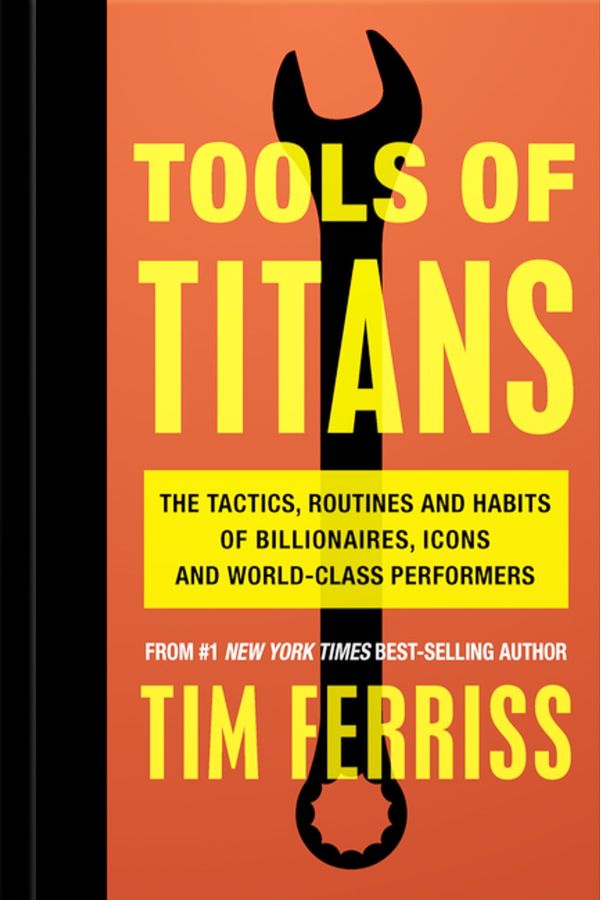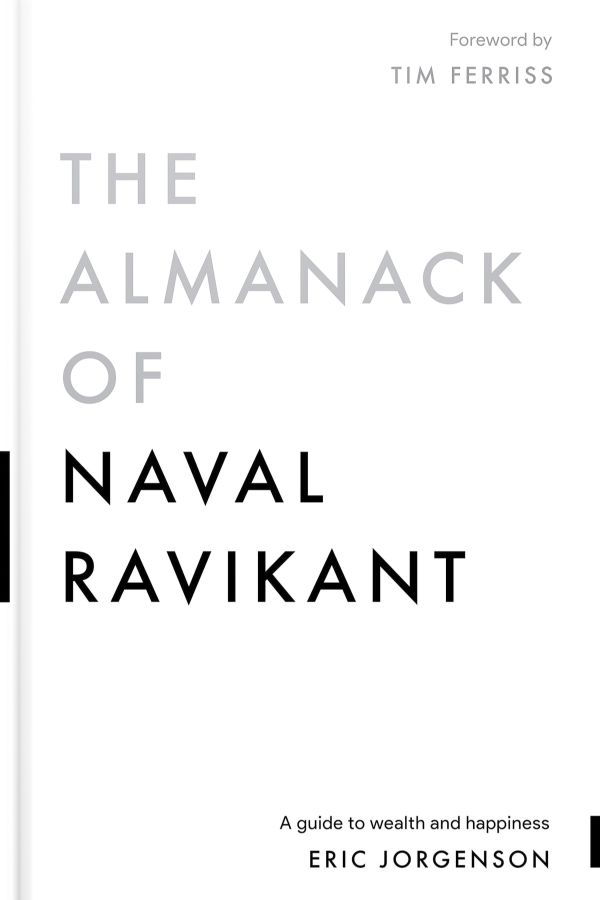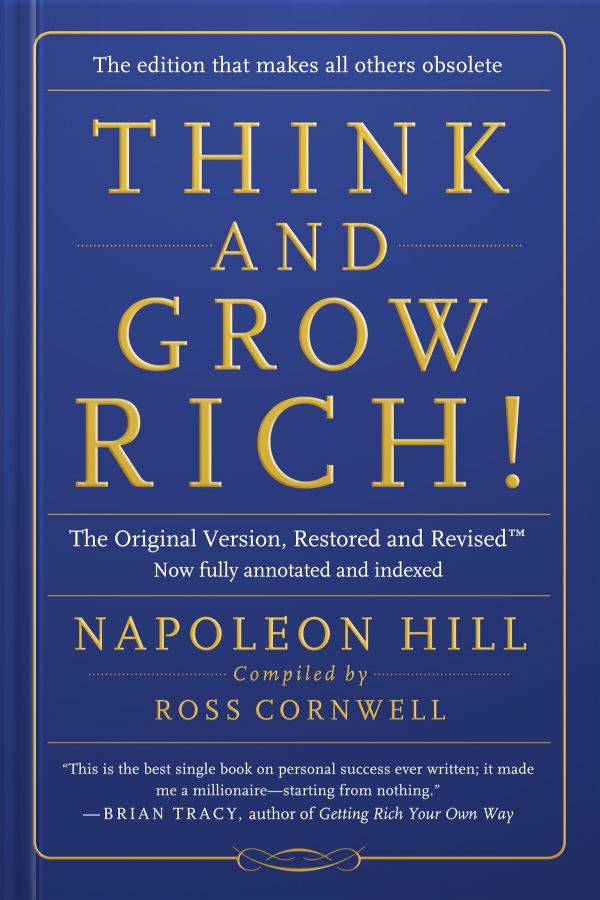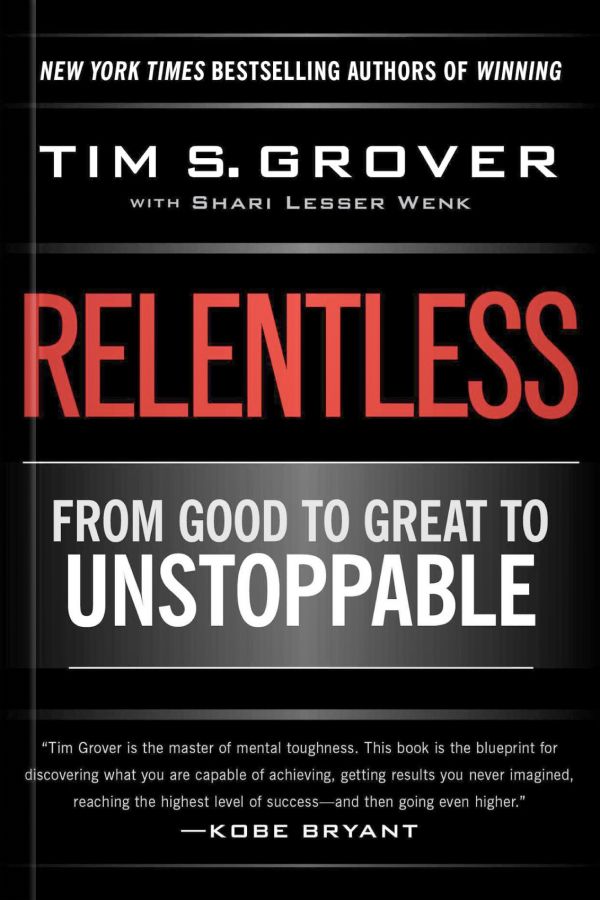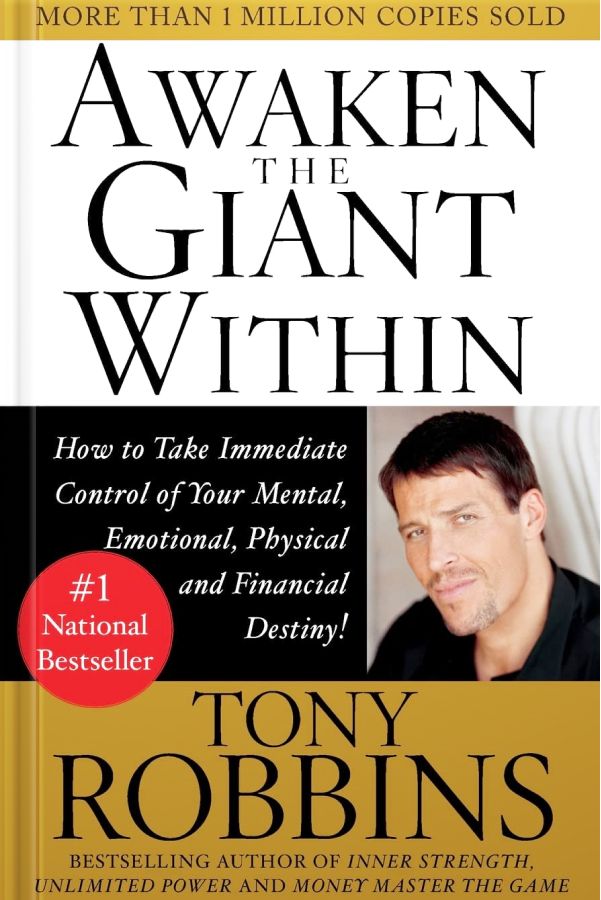
Psychology
Think Like A Monk by Jay Shetty
1—Harness the Power of Your Mind
Our minds have the potential to either uplift us or drag us into a pit of despair.
In "Think Like A Monk," Shetty compares the restless mind to a monkey, perpetually jumping from one thought to another. He advises that the key to inner peace is in our choice of life's approach – meaning over pleasure, quality over quantity. Just as Shetty asserts:
“When you live for something greater than yourself and the gratification of your own ego, then hard work becomes a labor of love.”
2—Discover Your True Identity
Shetty urges readers not to conform to societal norms or live out someone else’s dreams. He emphasizes:
"You are not what others think you are."
He encourages detaching from external opinions, even though it might strain your relationships. Shetty quotes:
“Don't let someone else's opinion of you become your reality.”
Through this, he advocates for authenticity over popularity.
3—Incorporate Reflection in Your Daily Routine
The book strongly advocates for daily introspection. Shetty believes that through reflection, we can decipher our inner voice and unearth our true selves, dismissing societal expectations.
He suggests setting aside time every day for this personal exploration, saying:
“The time to relax is when you don't have time for it.”
4—Align With Your Personal Values
Shetty encourages us not to lose ourselves in other people's values but instead, to establish and live by our own. As he notes:
“The more we define ourselves in relation to the people around us, the more lost we become.”
He reminds readers not to be swayed by societal trends but to find values that resonate with their inner selves.
5—Audit Your Lifestyle
The book underscores the importance of aligning actions with professed values. It emphasizes the need to regularly evaluate whether our lifestyle reflects our professed values.
“What you do with your spare time tells a lot about you,” Shetty observes.
The idea is to live authentically, not just in thought but in action.
6—Understand the Impact of Your Environment
Shetty maintains that our environment greatly influences our happiness and values.
He advises us to surround ourselves with communities that mirror our desired future. In his words:
"Join communities that look like the future you want."
7—Release the Need to be a Savior
According to Shetty, we aren’t obligated to fix everyone else's problems. He writes:
“You're not responsible for other people’s choices.”
Instead, we should focus on aiding those we are certain we can help, illustrating the wisdom in being aware of our limits.
8—Revel in the Success of Others
Shetty proposes that celebrating the success of others expands our capacity for joy. He contends that
“If you only find joy in your own successes, you limit the joy you experience.”
This is a call to cultivate a mindset of abundance over scarcity.
9—Prioritize the Process Over the Outcome
Shetty admonishes against getting lost in the pursuit of results. He suggests embracing the journey itself, noting that:
“When we focus on the progress we’re making, we naturally feel a sense of accomplishment and satisfaction.”
10—Contemplate Your Mortality
Shetty urges readers to ponder on their legacy, asking us to visualize how we’d like to be remembered.
He claims that such reflection on death can illuminate our life's purpose, motivating us to align our actions towards it. As he puts it:
“When we recognize the shortness of life, we’ll realize the uselessness of chasing the wind.”



